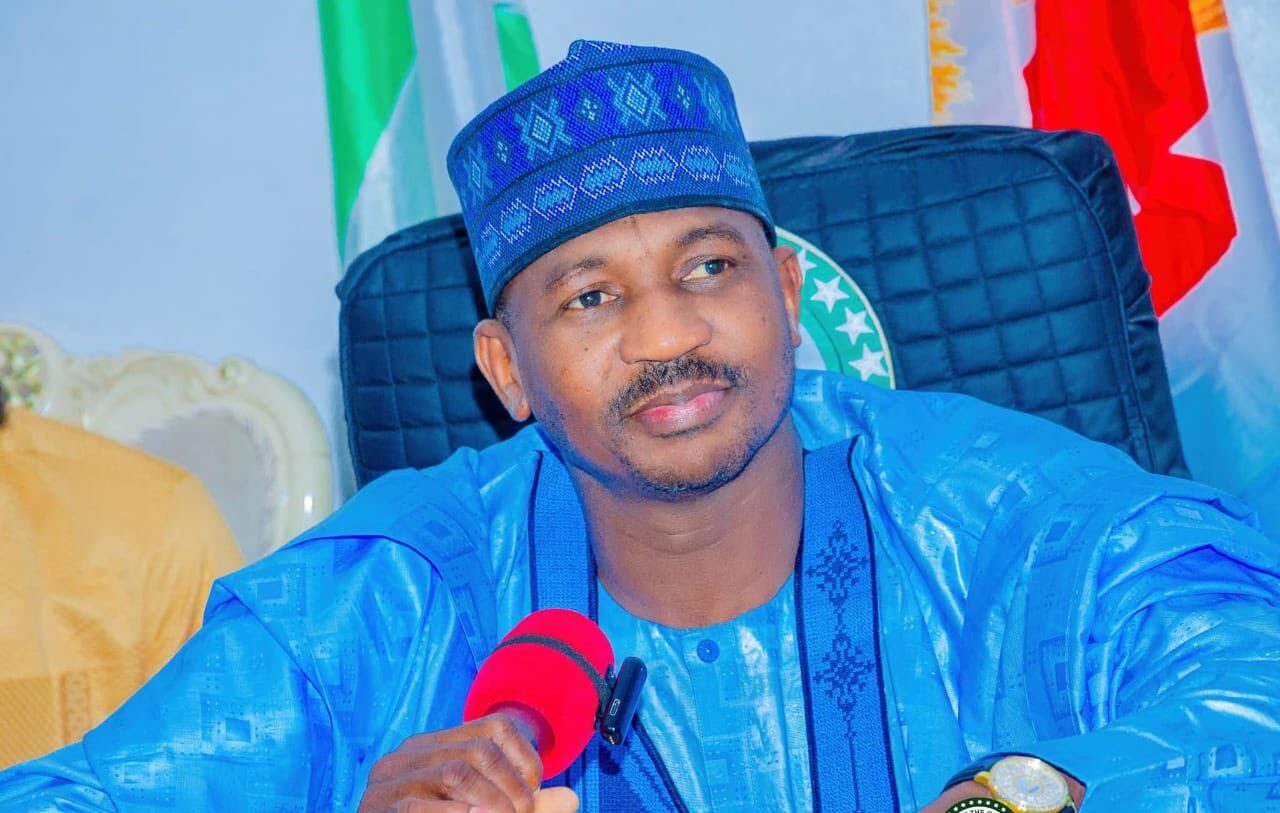Sokoto State Commits N8.3 Billion to Renovate Basic and Secondary Schools
Sokoto, Nigeria – August 22, 2025 – The Sokoto State government has announced a significant investment of N8.3 billion to renovate selected basic and secondary schools across the state, aiming to enhance the learning environment for students and teachers. This initiative, detailed by the Commissioner for Basic and Secondary Education, Prof. Ahmed Ala, during an interview with the News Agency of Nigeria (NAN) in Abuja, underscores the state’s commitment to improving educational infrastructure and quality.
Project Scope and Progress
The N8.3 billion renovation project targets a range of prominent secondary schools and basic education facilities across Sokoto’s 23 Local Government Areas. Prof. Ala revealed that many of these projects have reached 90% completion, indicating a rapid pace of implementation. The renovations include upgrades to classrooms, provision of washing facilities, separate toilets for boys and girls, and water supply systems, particularly under the Adolescent Girls Initiative for Learning and Empowerment (AGILE) program, which is upgrading 240 secondary schools. These improvements address critical issues, such as the lack of adequate sanitation facilities, which had previously deterred parents from allowing their daughters to attend school.
Broader Educational Investments
The renovation project is part of a broader push by the Sokoto State government to bolster education. Over the past two years, the state has invested heavily, including N4.7 billion to cover registration fees for external examinations like WAEC, NECO, JAMB, and NABTEB, ensuring access for all eligible students regardless of economic background. Additionally, the state allocates N66 million annually to provide secondary school principals with monthly imprests of N200,000 for immediate school needs. Teacher salaries have also been raised, with minimum pay increasing from N20,000 to N70,000, paid promptly by the 19th or 20th of each month.
Teacher Training and Resource Enhancement
Beyond infrastructure, Sokoto is prioritizing teacher capacity building. Prof. Ala noted that 2,500 teachers have undergone two rounds of training to improve their skills and competence, addressing gaps in secondary school education delivery. The state is also collaborating with UNICEF and other foundations to enhance access to reading materials, with plans to establish 10 libraries in selected schools to revive the reading culture among students.
Digitalization and Accountability
To improve education quality and administration, Sokoto is working to fully digitalize its basic and secondary education system within the next two years. The Education Management Information System (EMIS) ranks schools based on performance and tracks infrastructure, ICT, and library resources, while the Teachers Management Information System (TMIS) monitors teacher performance and administrative duties. These systems aim to enhance transparency and efficiency in resource allocation.
Challenges and Criticism
Despite these investments, challenges persist. Reports indicate that some schools, like Government Day Secondary School Dundaye, suffer from neglected facilities, including non-functional laboratories and insufficient classroom furniture. A 2023 allocation of over N3 billion to the State Universal Basic Education Board (SUBEB) and a 2024 budget of N4.6 billion have not fully addressed these issues, with some projects, such as administrative blocks, remaining incomplete since 2023. Critics argue that the impact of these funds has been limited, pointing to systemic issues like poor oversight and accountability, as highlighted in investigations by Ripples Nigeria and Wikkitimes.
Looking Ahead
The N8.3 billion renovation project, combined with Sokoto’s broader educational reforms, signals a determined effort to address longstanding infrastructure deficits. However, the state must overcome implementation challenges to ensure these funds translate into tangible improvements. As Prof. Ala stated, “I am confident that things are moving in the right direction because I have the zeal and determination to change the course of history, but the most important thing is the assurance of the governor.” With Governor Ahmed Aliyu’s backing, Sokoto aims to create a more equitable and effective education system, but sustained monitoring and community engagement will be critical to success.
For more details, see Nairametrics.com or GazetteNGR.com.
